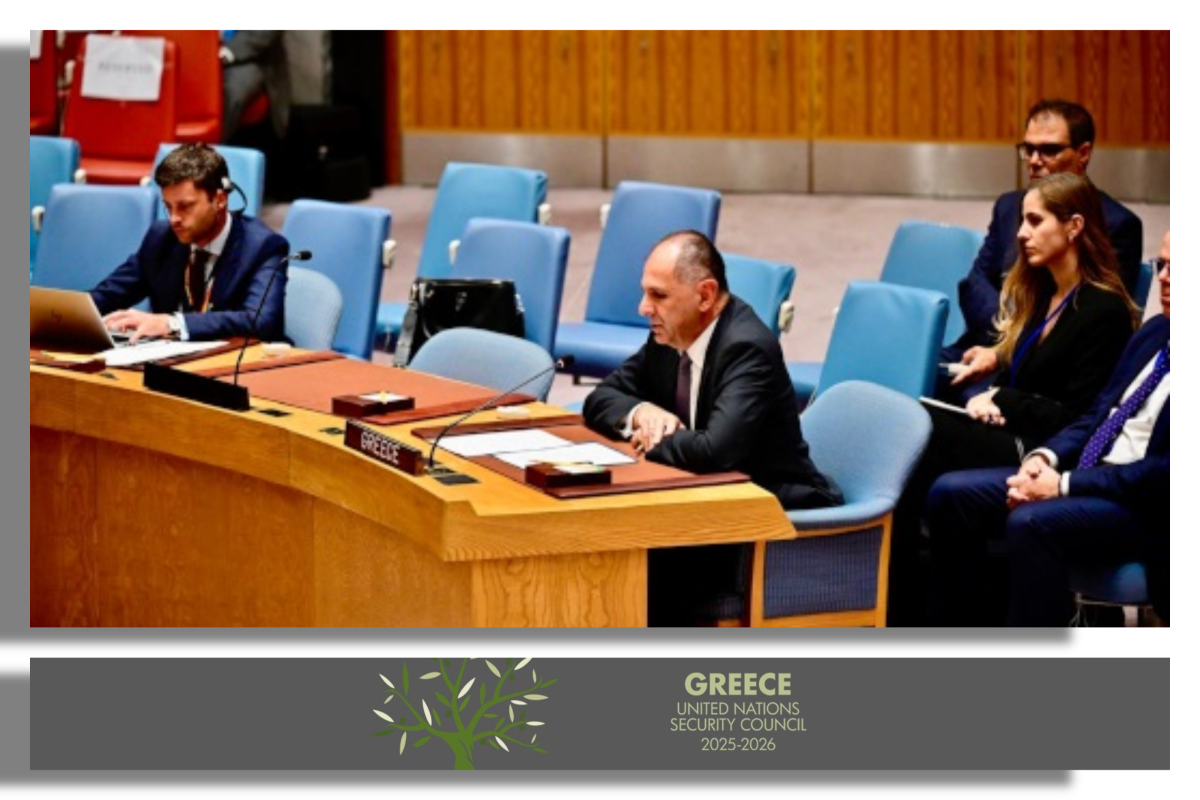Thank you, Mr. President, for giving the floor and for convening this all important high-level open debate.
Ladies and gentlemen,
Our discussion takes place at a time when challenges to peace and security are multifaceted and more complex than ever. The constantly deteriorating situation in the Middle East, Russia’s invasion of Ukraine, and the grave humanitarian crisis in Sudan are just a few examples of the serious threat that the trend of eroding respect for the UN Charter poses to global stability. The United Nations, however, has always responded to dangers.
Since its establishment, the United Nations has helped to avert a third world war, prevented a potential nuclear Holocaust, and facilitated the process of decolonization. In cases where wars have broken out, it has often contributed to shortening their duration. Peacekeeping operations have had many successes in the protection of civilians, and according to a recent estimate by the Secretary General, the deployment of blue helmets reduces civilian deaths by 90%. Two main faithfully followed assumptions led us to these results. Firstly, that the Charter should be our guiding framework, emphasizing the value of peaceful settlement of disputes and collective responsibility, maintaining international peace and security, and of course, outlining essential obligations, including the strict regulation of the use of force only in case of self-defense and the commitment to promote universal human rights.
While faithful application of the Charter’s rules is a necessary means of achieving peace, it is not always sufficient. Leadership is what is needed to enforce them. This is the second assumption, and it is not enough to have a good leadership, but a leadership for good. It is related to something bigger, not only to set the rules, but mostly to defend the values, seeking change where needed, envisioning something inspiring beyond the current situation, and consequently, inspiring others to work together to such a higher goal. When seeking leadership for peace, we have to prioritize dialogue and negotiations in a consistent, deliberative effort to ensure that all voices are heard, because multilateralism offers the only viable path towards a future where peace prevails and the rights and dignity of all individuals are fully respected.
The UN Security Council is a centerpiece of the world order, and around its table, the role of the E10 in this endeavor is pivotal, echoing the voices of those parts of the world that are not always heard.
Ladies and gentlemen,
rest assured that Greece understands the immense responsibility that an elected member seat entails. During our tenure, we will aspire to become a bridge, an honest broker, between North and South, East and West.
We shall seek to promote a UN Charter-based approach to all current challenges in full respect of international law and identify solutions through cooperation and inclusivity. Thus, we aspire to restore the genuine meaning of fundamental concepts such as the peaceful resolution of disputes. After all, leadership for good follows the rule “Non Ministrari sed Ministrare”, not to be served, but to serve.
Thank you.

